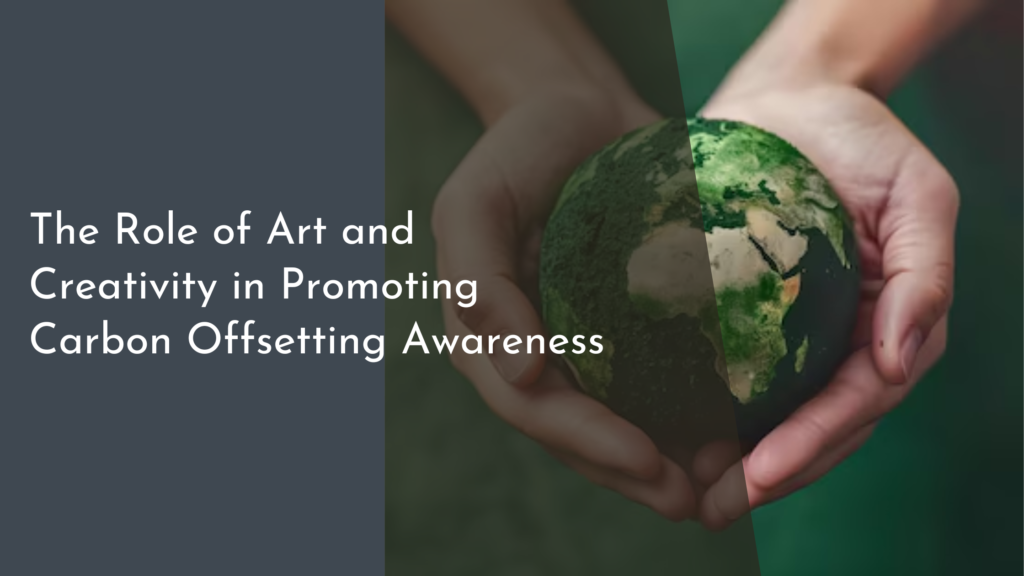Exploring Holistic Approaches to Plant Growth
In the quest for sustainable living, many gardeners are turning to holistic approaches to plant growth that foster not just individual plant health, but the well-being of the entire ecosystem. By embracing natural methods and nurturing relationships between plants, soil, and the surrounding environment, we can create thriving gardens that are beautiful and productive. This article explores the principles of holistic gardening, focusing on soil health, companion planting, and sustainable practices that can make a difference in our gardens and beyond.
Understanding Holistic Gardening: A Thriving Ecosystem Approach
Holistic gardening is about viewing the garden as an interconnected ecosystem where each component plays a vital role. Rather than treating plants as isolated entities, holistic gardeners recognize that every element—from the soil microorganisms to the weather—affects plant health and growth. This approach encourages us to observe and understand the natural relationships between plants, insects, and other organisms, promoting biodiversity and resilience. By fostering these connections, we can create a balanced environment that supports plants in thriving as nature intended.
In a holistic garden, the focus shifts from merely achieving high yields to cultivating a rich tapestry of life. Healthy ecosystems are diverse, featuring a variety of plants, beneficial insects, and wildlife. This diversity helps control pests naturally, enhances pollination, and improves soil health, ultimately leading to more robust plant growth. By recognizing the garden as a living system, we can make informed decisions that benefit both our plants and the surrounding environment, creating a sanctuary for all forms of life.
Nurturing Soil Health: The Foundation of Plant Vitality
The cornerstone of holistic gardening lies in nurturing soil health. Healthy soil is alive with microorganisms, fungi, and organic matter that contribute to plant vitality. Holistic gardeners often focus on building soil health through practices like composting, mulching, and crop rotation. Compost enriches the soil, providing essential nutrients while improving its structure and moisture retention. By creating a thriving microbial community, gardeners can boost plant health and enhance the soil’s capacity to support growth.
Moreover, understanding the importance of soil pH and nutrient levels is crucial for plant success. Testing soil regularly allows gardeners to identify deficiencies and amend the soil accordingly with natural fertilizers like bone meal, fish emulsion, or worm castings. By prioritizing soil health, we not only set our plants up for success but also contribute to long-term sustainability. Healthy soil leads to healthy plants, which in turn support a flourishing ecosystem, making soil care a fundamental practice in holistic gardening.
Embracing Companion Planting for a Flourishing Garden
Companion planting is a technique where certain plants are grown together to enhance each other’s growth and deter pests. In holistic gardening, this practice is celebrated as a way to create a natural balance in the garden. For example, planting marigolds alongside vegetables can repel harmful insects, while legumes like peas and beans enrich the soil by fixing nitrogen. By strategically pairing plants, gardeners can maximize their garden’s productivity while minimizing the need for chemical interventions.
Additionally, companion planting encourages biodiversity, which is essential for a thriving ecosystem. The diversity of plant life attracts beneficial insects, such as pollinators and predators of common pests. By planting a variety of species together, we not only create a more vibrant garden but also contribute to a more resilient ecosystem that can withstand challenges like disease and pest outbreaks. Embracing companion planting allows gardeners to work with nature, cultivating a flourishing environment where plants and wildlife can thrive in harmony.
Sustainable Practices: Growing Plants with Love and Care
Sustainability is at the heart of holistic gardening, encouraging practices that respect and protect the environment. Techniques such as rainwater harvesting, using organic pest control methods, and avoiding synthetic fertilizers are vital in nurturing a sustainable garden. By minimizing our environmental footprint, we can ensure that our gardening activities do not deplete natural resources or harm local ecosystems. Simple practices, like mulching and drip irrigation, can conserve water and reduce the need for chemical inputs, making our gardens both productive and eco-friendly.
Moreover, a sustainable approach to gardening fosters a deeper connection between gardeners and their surroundings. It involves a mindful appreciation for the natural rhythms of life and a commitment to caring for our planet. By growing plants with love and care, we instill our gardens with a spirit of stewardship that transcends the act of planting. This holistic mindset enriches our gardening experience, allowing us to cultivate not just beautiful plants but also a sense of community and responsibility towards the environment.
Exploring holistic approaches to plant growth opens up a world of possibilities for both novice and experienced gardeners. By nurturing soil health, embracing companion planting, and adopting sustainable practices, we can create thriving ecosystems that benefit our plants and the environment. This joyful journey of gardening teaches us to appreciate the interconnectedness of all living things and the vital role we play in sustaining our planet. So, let’s roll up our sleeves, dig our hands into the earth, and embark on this inspiring adventure of holistic gardening together!

